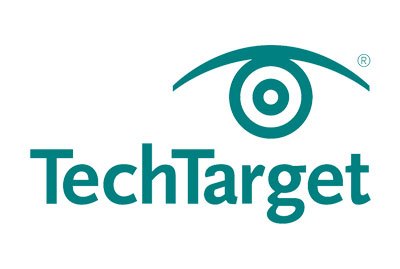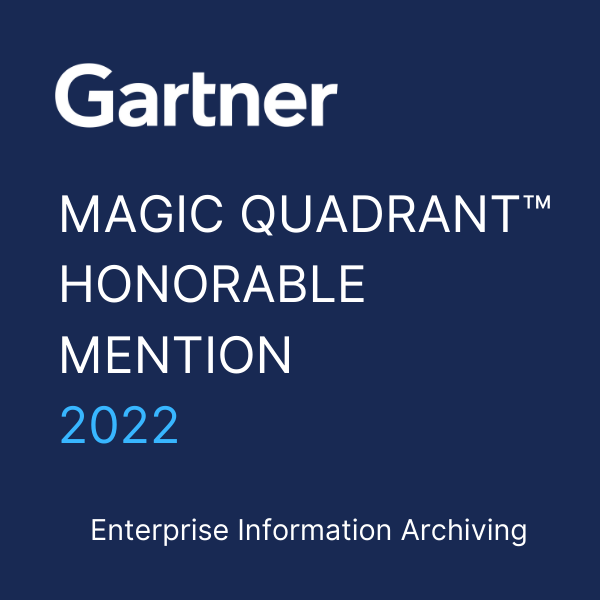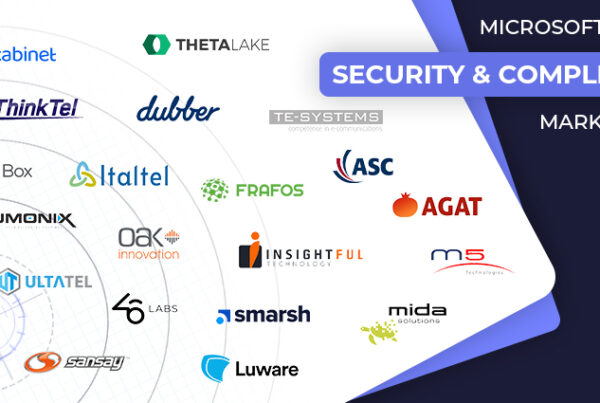
Collaboration tool compliance and governance have grown increasingly complex as organizations adopt cloud-based tools that generate different types of content and data.
The growth of collaboration tools means employees are communicating beyond voice, email and chat. They are also creating and using a variety of collaboration content, including meeting recordings, whiteboard content and even emoji. All that content can become unwieldy if organizations don’t have a strategy for proper storage, search and archival.
Organizations without a proactive collaboration tool compliance and governance strategy risk losing control over content, regulatory fines and data leaks. They must be able to capture collaboration content in a compliant manner, especially when the use of nontext media can affect the context of a conversation.
“We’ve seen legal cases where a rocket ship [emoji] has been deemed to be investment advice that’s encouraging to invest,” said Stacey English, director of regulatory intelligence at Theta Lake, a collaboration compliance and security management platform.
Email, video meetings and screen sharing are the most commonly captured communications for compliance, according to a Theta Lake study of 600 IT and compliance professionals. Whiteboard content and emojis are the least captured communication content. For some organizations, data capture is a matter of priority.
“Do you worry more about the emojis being used in IM, or do you worry about your system not being compliant because it’s leaking PII [personally identifiable information] left and right,” said Christophe Bertrand, practice director for data protection, data management and analytics at TechTarget’s Enterprise Strategy Group (ESG).
Read the full article by TechTarget here!











